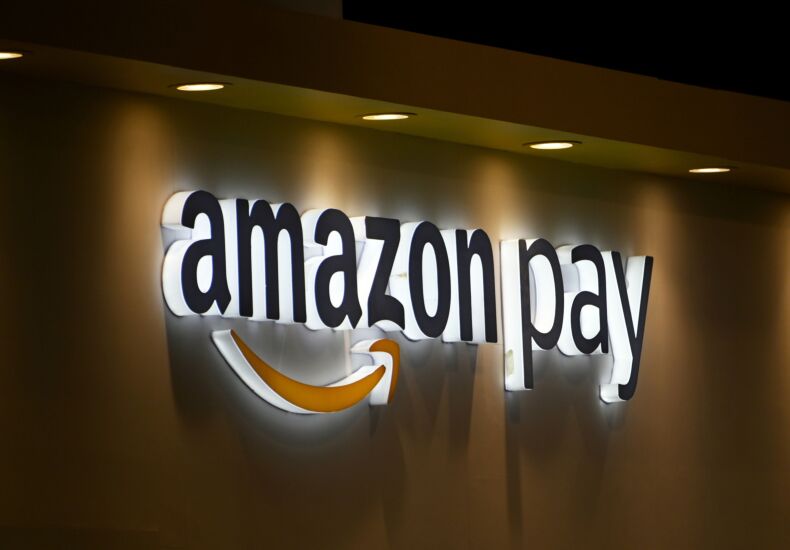Samsung has launched the Galaxy Ring, a wearable device that might support Samsung Pay, while Amazon has received a payment aggregator license in India.
Here's what's happening around the world:








As the Federal Open Market Committee announces its near-term interest rate plans Wednesday, market watchers expect the central bank to hold interest rates steady as policymakers seek greater clarity on the health of the economy.
Julia Carreon is suing the bank, alleging she suffered race and sex discrimination, including sexual harassment by Andy Sieg, the bank's head of wealth management. On Tuesday, Citi hit back by filing a petition to compel arbitration and accusing Carreon of making false claims.
The Tulsa, Oklahoma-based bank expects the pace of loan growth to quicken this year, driven in part by its nine-month-old warehouse lending business.
The bill, known as the STOP Act, was introduced by State Sen. Samra Brouk and Assemblymember Steven Raga, and proposes that any wage or cash advance be considered a loan and subject to the state's 16% civil usury law.
Prosecutors argued the 23-year-old courier knew he was aiding criminals, citing texts about "gold rushing" and scammer videos on his phone.
Merchants have mostly been silent on President Trump's call for a cap on credit-card interest rates. But they'd take a "huge hit" under such a plan, Synchrony CEO Brian Doubles said Tuesday.